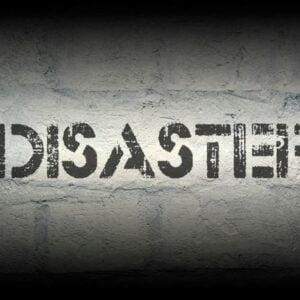With financial support from the European Union, UNDP is assisting Uzbekistan’s Ministry of Emergency Situations in strengthening its capacity to prepare for and respond to disasters. Key initiatives include the establishment of the Institute of Civil Protection, the opening of the Museum of the Tashkent Earthquake, and the creation of the largest earthquake simulation center in the CIS. These facilities serve as educational and training spaces to enhance public awareness and preparedness, contributing to a safer and more resilient nation.
The International Day for Disaster Risk Reduction, observed annually on 13 October, underscores the importance of reducing disaster risks and building resilient communities. The 2025 theme, “Fund Resilience, Not Disasters,” emphasizes investing in preventive measures and preparedness to minimize future losses. In Uzbekistan, this day is marked with events and initiatives designed to strengthen national disaster management systems and public readiness.
Through close collaboration between the Government of Uzbekistan, the European Union, and UNDP, several projects have been implemented to enhance disaster risk prevention, preparedness, and response. These efforts aim to build institutional capacity, develop early warning systems, and promote community resilience against natural and climate-induced hazards.
Modern technologies are being introduced under the EU–UNDP regional project “Climate Change and Resilience in Central Asia,” funded by the European Union. In September 2024, drones were provided to the Ministry of Emergency Situations to monitor flood-prone and hard-to-reach areas, assess disaster impacts, and coordinate emergency operations. These technologies improve the speed, safety, and accuracy of response activities, particularly in the face of increasing climate-related hazards.
UNDP and the European Union remain committed to supporting Uzbekistan in building a modern, efficient, and sustainable disaster risk management system. Their efforts focus not only on emergency response but also on prevention and preparedness, ensuring that innovative technologies, strong institutions, and informed communities collectively contribute to a resilient and safer future.







